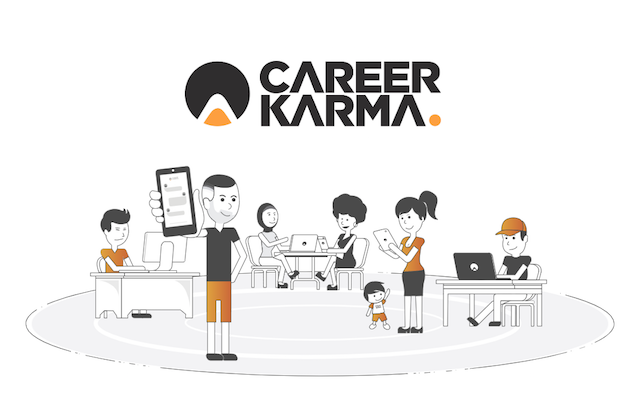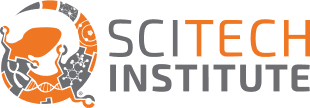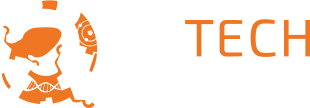
Message from Career Karma:
The education industry has seen some changes in the last few decades. And as with everything else, it has grown with new technologies thrown in the mix. But what technology trends will disrupt the industry in the near future? Read below to find out.
Accessibility
The UN calculates that 263 million young people are out of school. There could be many reasons for this, like not having schools near their home and lack of materials and resources. One of the main things that are changing is accessibility. Technology is making education more accessible to everyone around the world. With the Internet, people can access learning platforms no matter the location.
It is easier to build a place where students can access the Internet than a complete school with supplies, books, notebooks, and everything else. Digital materials can be available 24/7, which also increases opportunity. And they make translating books for different languages cost-effective.
Another thing that software engineers have been trying to include in these platforms is learning experiences that can adapt to specific needs. For example, students that have learning disabilities or attention deficit disorders.
Personalization
Artificial intelligence is the technology trying to simulate human intelligence. It hasn’t reached a point where we can see robots that can pass as humans as some sci-fi authors have imagined. But AI algorithms are powerful enough to improve many aspects of current technologies. In the education industry, AI is used to increase personalization.

It means that online courses adapt to each student’s needs. Some learning platforms powered by AI can go faster or slower, depending on students’ learning pace. And they can repeat lessons that they feel the user hasn’t grasped yet. AI is also used for chatbots that are present in many online learning platforms. They serve as guides for the course and can answer common questions.
With the education industry introducing new technologies, it will be generating a lot more data. Data scientists will be able to analyze this data to make the industry more efficient. For example, they can analyze learning methods to know which ones are most effective.
Interactivity
Another thing that tech is changing is interactivity. The newer generations have grown up with technology all around, and they expect that kind of stimulus to feel engaged. Being hours in a classroom just listening to someone talk may not be the best method for everyone. And new technologies like virtual and augmented reality stand a chance of solving this issue.
Virtual and augmented reality headsets can change the classroom as we know it today. Imagine being able to learn about World War II while seeing a virtual representation of maps, places, and people. It will completely change the way students learn. And it is already being implemented in higher education. In some medical schools, students are training with augmented reality operation tables.
Another thing that will increase interactivity is the Internet of Things. It will help to create smart buildings and classrooms. Students will be able to interact with the places where they learn too. They can get specific information and lessons depending on their location.
Automation
All these technologies and a couple more will make the learning experience and the whole industry more automated. Things like face recognition to verify attendance and software that will mark exams and projects will become the norm. Machines will also decide changes in learning methods. They will be able to analyze the data and find learning practices that are more optimized.

Overall, teachers will be able to take a more mentoring role while machines take care of menial and repetitive tasks. The industry will also lower operation costs by automating things like power consumption, administrative tasks, and enhancing security. The point is that technology is taking over every aspect of the industry, and we will continue to see changes in the next few years.
In Summary
With everything changing in regard to education, students have more opportunities now than ever before. The knowledge is one click away for anyone who is interested enough to look for it. In the new digitalization era, learning will be a shared responsibility, unlike before, where the teacher was almost the only one responsible for the student’s learning.
We will see more accessibility, interactivity, personalization, and automation from now on. A clear example of this is how people can now become tech professionals without a bachelor’s degree with an online course or coding bootcamp. Education is for almost everyone and will continue to reach new parts of the world.






